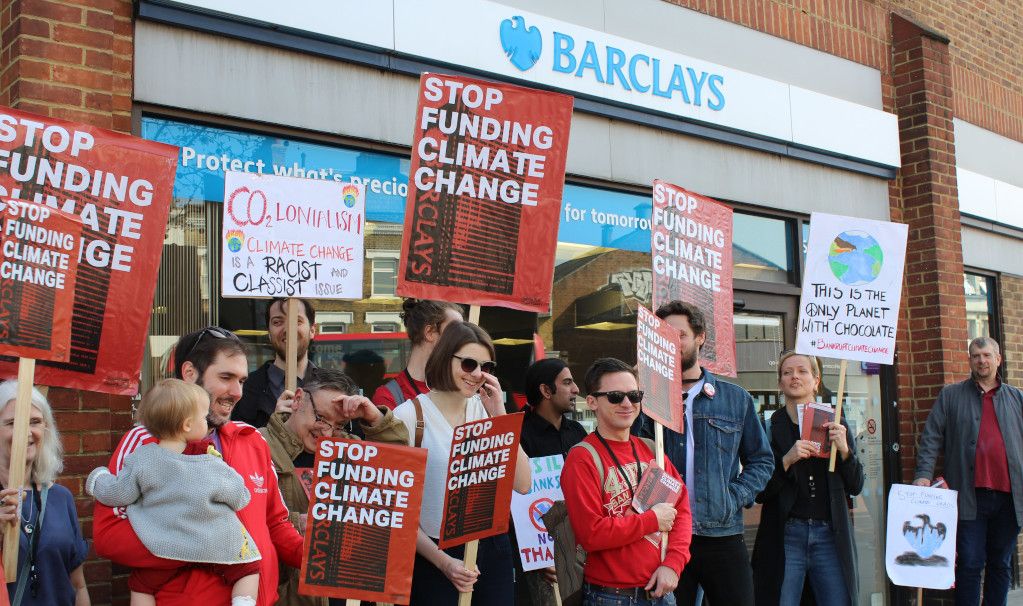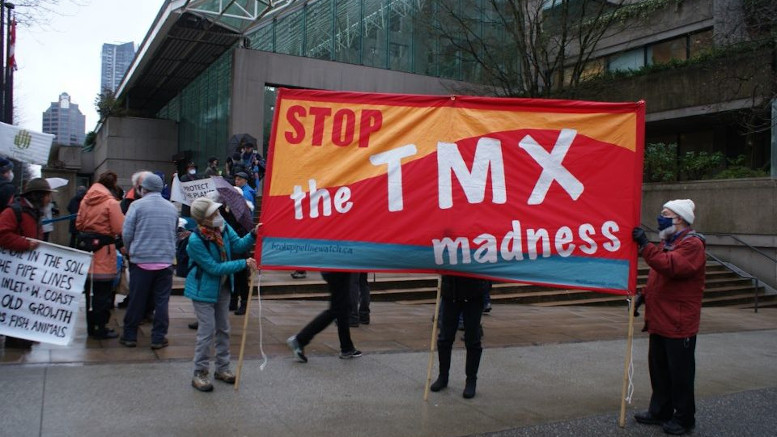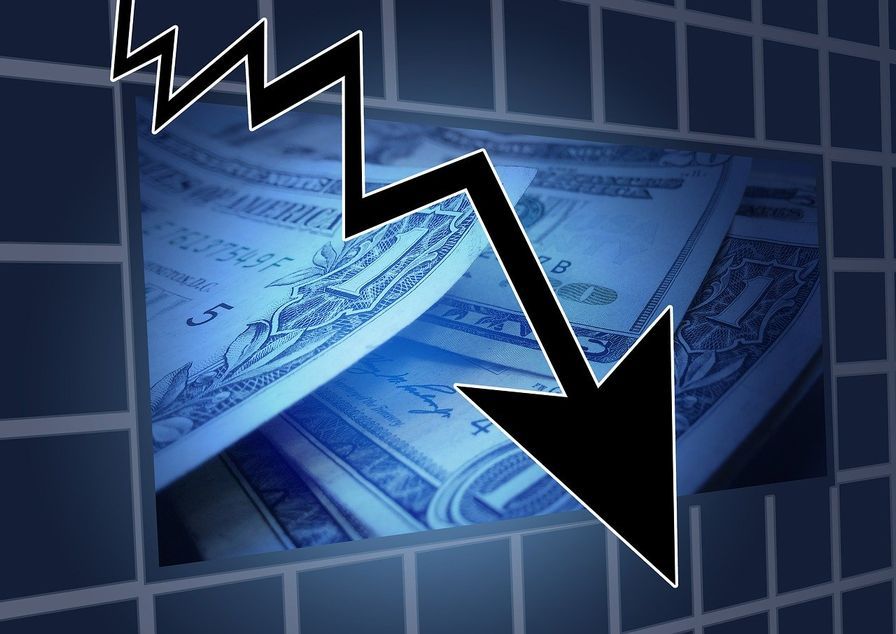Before COVID-19 had become the all-consuming news story it is today, the elites of world capitalism, under the name of the World Economic Forum, were meeting in January in Davos, Switzerland. According to the WEF pronouncements, the key issues facing capitalism, in the year ahead, would be that:
1) The global economy is under pressure, weighed down by trade tensions, inequality and geopolitical uncertainty.
2) The world is at an economic “tipping point,” amid a backlash against capitalism and globalization. (our emphasis)3) The transition to a greener, more equitable economy is necessary for productivity and growth.
The WEF went on to comment: “As 2020 gets underway, the global economy is at a crossroads. Rising inequality, trade tensions, technological disruptions, climate change and geopolitical uncertainty all threaten to weigh on already-fragile economic growth at the start of the new decade. As the Forum’s Global Risks Report 2020 makes clear, the global economy ‘is facing an increased risk of stagnation … all while citizens worldwide protest political and economic conditions and voice concerns about systems that exacerbate inequality.'”
If the world was at an economic tipping point in mid-January, imagine where it is now. As we come out of the lockdowns, the repressed anger and frustration of working people will be making sure that the backlash against capitalism becomes more pronounced. The voicing of concerns about systems that exacerbate inequality will become sharper and louder.
The key question, as the world tips, is whether the anger of workers and the backlash against capitalism gets transformed organizationally into the building of militant unions and mass socialist parties. Humans and the world needs a program for a socialist transformation to protect the environment and humanity.




